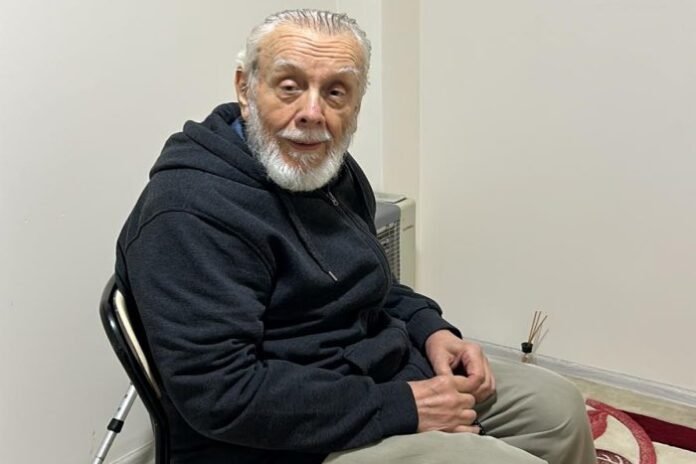Uğur Öztaş, an 88-year-old educator imprisoned over alleged links to the faith-based Gülen movement, has become paralyzed in prison allegedly due to the neglect of his medical needs, the TR724 news website reported.
Öztaş, who is serving an eight-year, nine-month sentence, was a founder and principal of the now-closed Fatih College, a prestigious private school in İstanbul that was shut down during the government’s post-coup crackdown on institutions deemed affiliated with the Gülen movement.
President Recep Tayyip Erdoğan has been targeting followers of the Gülen movement, inspired by the late Muslim cleric Fethullah Gülen, since corruption investigations in December 2013 implicated him as well as some members of his family and inner circle.
Dismissing the investigations as a Gülenist coup and a conspiracy against his government, Erdoğan began to target the movement’s members. He designated the movement as a terrorist organization in May 2016 and intensified the crackdown on it following an abortive putsch in July of the same year that he accused Gülen of masterminding.
Ömer Faruk Gergerlioğlu, a human rights defender and opposition lawmaker from the pro-Kurdish Peoples’ Equality and Democracy Party (DEM Party), announced Öztaş’s condition on X.

Addressing the justice minister, he asked, “Will you grant a suspension of his sentence only after he dies?”
Gergerlioğlu said despite Öztaş’s longstanding health problems, prison authorities had neglected his condition, resulting in paralysis. He added that visits to the hospital where Öztaş is being treated are rarely permitted, raising further concerns about access to proper care.
According to Law No. 5275, the sentence of a prisoner who, due to a serious illness or disability, is unable to manage life on their own under prison conditions and who is not considered a serious or concrete danger to society, may be suspended until they recover. However, the stipulated suspension of sentence is often not implemented.
Turkish authorities have frequently been criticized for their systematic disregard of the health needs of prisoners. Every year, rights groups report the death of dozens of sick prisoners, either while behind bars or shortly after their release, which often comes at the end-stage of their illness.
The Human Rights Association (İHD) says more than 1,400 sick prisoners are currently held in Turkey, including hundreds in critical condition. Complaints include delays in taking inmates to hospitals, inadequate treatment in prison infirmaries and forensic reports that allow seriously ill detainees to remain incarcerated.















